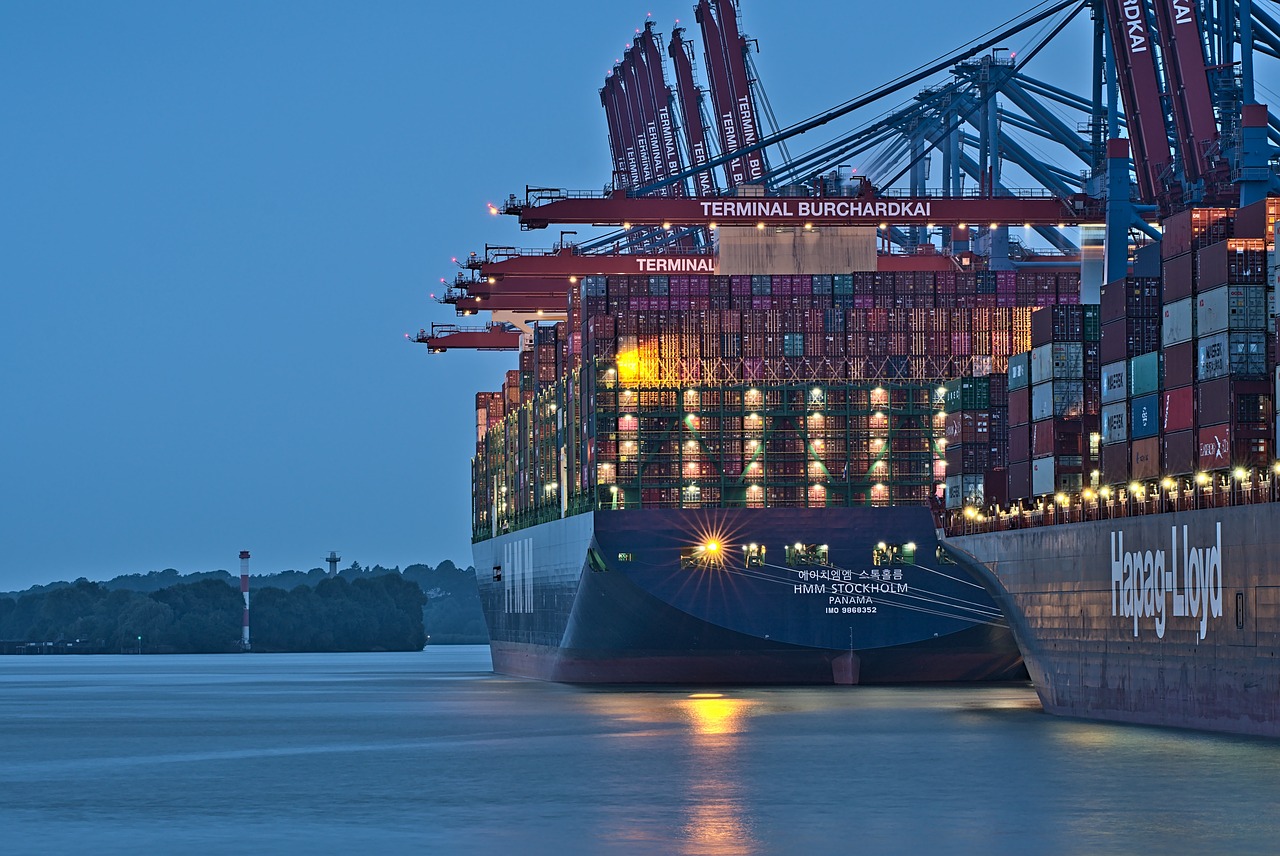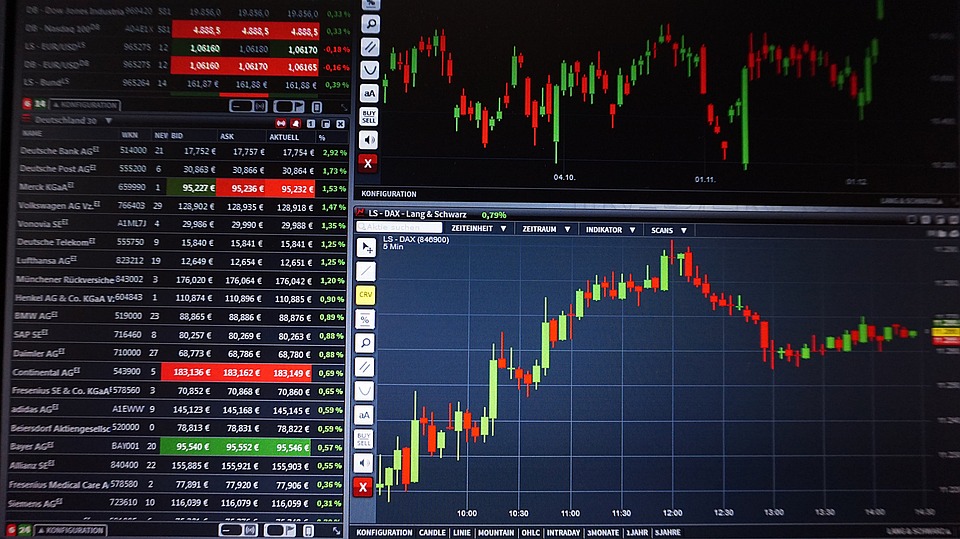Generally speaking, product exports require customs declaration, but in some specific circumstances, customs declaration is not required. Lets talk about it in detail below:

I. Is it necessary to declare customs for exporting products?
In principle, customs declaration is required. According to international trade rules and my countrys Customs Law, all goods exported through formal trade channels (regardless of whether they are for profit) must be declared to the customs and complete customs declaration procedures. The only exception is non-trade exports or very small-scale goods that meet specific conditions (detailed below).
II. Exceptions to customs declaration
1. Non-trade items
Personal items for personal use (such as luggage carried by students studying abroad or working abroad), diplomatic materials, and disaster relief materials donated free of charge must comply with the customs definition of non-trade.
2. Cross-border small parcels (low-value goods)
Goods exported by post or express delivery with a single value lower than the duty-free threshold of the target country (for example, some countries set it at US$50-100) may be declared through a simplified process, but attention should be paid to the policy differences between different countries.
3. Temporary import and export of goods
If exhibition samples, test equipment, etc. need to be shipped back to the country, you can apply for temporary export and be exempted from customs declaration, but you must provide a guarantee and return within a time limit.
4. Transfer of special economic zones
The transfer of goods within special customs supervision areas such as free trade zones and bonded areas does not need to be declared immediately, but the procedures still need to be completed when they finally leave the country.
Risk Warning:
Even if the above conditions are met, companies still need to strictly check compliance. For example, if a small package is deemed to be split to avoid customs declaration, it will face fines or credit downgrades.

III. Importance of customs declaration to the enterprise itself
1. Compliance management and legal risk avoidance
- Necessity: Customs declaration is a legal procedure for international trade. Exporting without customs declaration may be considered smuggling, resulting in high fines, confiscation of goods and even criminal liability.
- Case: In 2024, a company failed to declareExport tax refundSensitive goods are identified by customs as tax evasion, leading to supply chain disruptions and damage to brand reputation.
2. Export tax rebate and cost optimization
- Direct benefits: The customs declaration form is the core document for applying for export tax rebates. Compliance with customs declaration can refund part of the value-added tax (usually 9-13%), significantly reducing corporate costs.
- Data: In 2024, my countrys total export tax rebate amount exceeded 1.8 trillion yuan, and compliant companies increased their profit margins by an average of 5-8% through tax rebates.
3. Trade data accumulation and credit endorsement
- Credit value: Customs declaration records are an important basis for bank credit and financing loans, and are also a reference for international customers to verify corporate qualifications.
- Long-term value: Continuously compliant customs declaration data can help companies apply for AEO (Authorized Economic Operator) qualifications and enjoy global customs clearance convenience (such as a 70% reduction in inspection rates).
4. Supply chain controllability and customer trust
- Logistics guarantee: Customs declaration documents (such as bill of lading, certificate of origin) areInternational logisticsThe lack of necessary documents may result in the cargo being detained at the port, incurring demurrage or liquidated damages.
- Customer relations: Formal customs declaration proves the legal origin of goods, avoids delivery affected by customs clearance issues, and enhances the confidence of overseas buyers in cooperation.
5. Market analysis and strategic decision support
- Data-driven: Customs declaration data (such as export categories, prices, and destinations) can provide companies with an accurate basis for analyzing market trends and adjusting production plans.
- Policy utilization: For example, identifying tariff preferences of RCEP member countries through customs declaration data and optimizing target market layout.

Conclusion
As a product exporter, proactive customs declaration should become a standard export process. Although exceptions exist, in the long run, the tax refund bonus, credit accumulation and risk avoidance brought by compliant customs declaration far outweigh the short-term costs. It is recommended to cooperate with professional customs brokers or trade service agencies to establish a standardized export process, and use digital tools such as the single window to improve efficiency.
Finally, I wish you all smooth progress in your export business. If you have agency needs or need more support from us, you are welcome to contact us at any time!


 Follow Customer Service WeChat
Follow Customer Service WeChat